There are approximately fourteen months left before the presidential election, and for that, we are all thankful. Between now and November 2016, much more can and will happen. While pinpointing the apparent loyalty a certain group has for a candidate in September 2015 might be premature, an early and obvious build-up says something.
If there’s one generation that receives generally negative attention, it is the young, technology-focused group known as Millennials. There are many definition for this group. Some say their birth years range from 1982 to the early 2000s, while others have said 1980 to the late 1990s, etc. For better or for worse, almost all of the definitions I’ve come across place me in this very group, given that I was born in the early 1980s. As an “older” Millennial, I clearly see that many in this generation enjoy excess, carry a privileged attitude, and, in many ways, prize superficiality over all. We live in a flashy, smartphone-based world where capturing an audience’s attention grows more difficult. This obvious truth causes many seeking a following to display the shiny and surfacey first and foremost. Garnering the support of many in this M Generation requires just that, and some politicians have used that to their advantage.
Obama was elected in 2008, after a short stint in the Senate, and gained the praise and adoration of the majority of voters. It didn’t matter that he didn’t have much experience, and used general, feel-good phrases like “hope & change”; he felt like change, and that was enough for many. As Huffington Post reported the month after his first win:
The 2008 election not only marked the election of America’s first African-American president, it also saw the strong and clear political emergence of a new, large and dynamic generation and the realignment of American politics for the next 40 years.
The first large wave of the Millennial Generation, about one third of the young Americans born from 1982-2003, entered the electorate to decisively support President-elect Barack Obama.
I mean, come on. He’s a poster-child for the M Generation – especially those who were brand new to voting. He didn’t look like the typical presidential candidate that they had always known (old, white), he seemed to communicate effortlessly, and, in their eyes, was “cool”. A large base of support in the M Generation was essential in helping to propel him into the Oval Office.
Fast-forward to well into his second term, and things have changed.
The interest from Millennials has waned, and they aren’t that excited about their hallowed leader, or the long-established people from the government in general. As CNN reported just last year:
If President Obama — or politicians from either party — really want to engage younger Americans and reignite the energy of 2008, they will need to do much more. Americans in their late teens and early 20s who are just starting to vote are not so gullible or pliable.
They are looking for help in tough times. They want their government to offer real solutions to real problems that they see, not just cool appearances that might make them laugh a bit.
At the very least, they are looking for a name/face that hasn’t always been there, telling them that things will get better, and not doing anything about it. They don’t want experience, they want excitement and emotion. If there’s anything that Hillary Clinton isn’t, it’s new or exciting. But since she understands the absolute power of the Millennial vote, and since she probably believes it’s finally her turn to get it, she does things like the following:
Hillary Has Millennials sign commitment pledge in order to attend #cleveland event http://t.co/NJshGnYt4p pic.twitter.com/P8SUYJzP1L
— SalenaZito (@SalenaZitoTrib) September 7, 2015
Because nothing says “I’m really confident I’ve captured the Millennial vote” like asking those in said group to sign a pledge before being allowed to attend an event. (There’s probably even an asterisk leading to some little clause in fine print which requires the pledge be signed in blood.)
In the GOP sphere, the M Generation is overwhelmingly supportive of none other than Donald Trump. It’s not that surprising, though. As Zogby reported:
Those young voters who identify themselves as Republican – as opposed to independent – favor Mr. Trump with 33% over Mr. Bush, Dr. Carson, and Mr. Walker at 8% each.
…Donald Trump has had a very good summer and has captured an enormous amount of traditional, new, and social media. It is no surprise that he leads by name recognition and by expressing both outrage and an outrageous behavior.
Again, it’s too early (it’s only September 2015) to tell how far a wave of admiration from Millennials might carry any of the candidates. Well, I mean, Hillary certainly doesn’t seem to have it. Even though she has a Hillary for America Shop, where Millennials can buy as many things emblazoned with H’s and arrows as their hearts’ desire, she most definitely has not captured the 2008 + 2012 youth enthusiasm that Obama drew from. Currently, the Democratic frontrunner in this age group is Bernie Sanders, as The Guardian describes in their piece “Millennials ‘heart’ Bernie Sanders: why the young and hip are #FeelingtheBern”.
As a more…elderly Millennial, I’m aware of those things which some in my generation cling to, and how the outrageous, flashy, new, and exciting draw them in. They will probably be a force again in the 2016 election, and, as clearly seen, the candidates are already aware of that. But as Millennials found out after voting Barack Obama into office twice, disappointment comes once the glitter is wiped off and you have to face the reality of your vote. Millennials cooled on Barack Obama when the “hope and change” that looked good as a button on their hipster lapel didn’t exactly translate into anything of significance. Like jobs. Or hope of any kind. It’s a rude awakening for those who voted for the first time in either of those elections, and will be a rude awakening this round if they once again prize the superficial over the substantive.



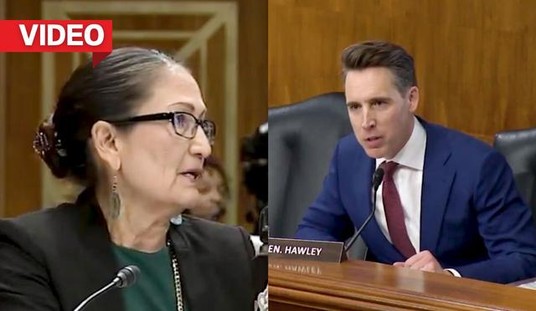
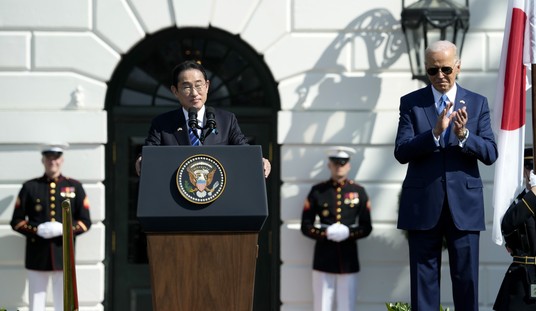
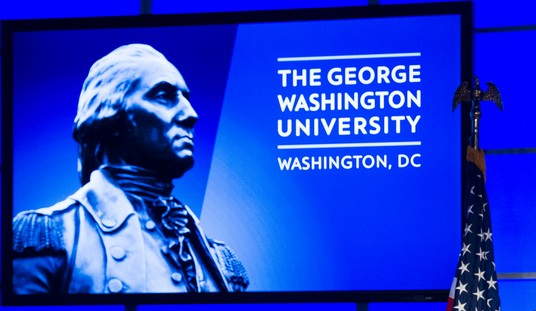
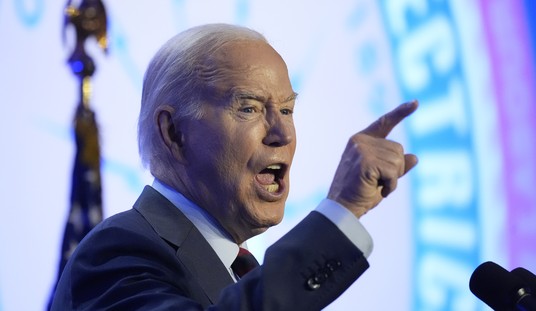



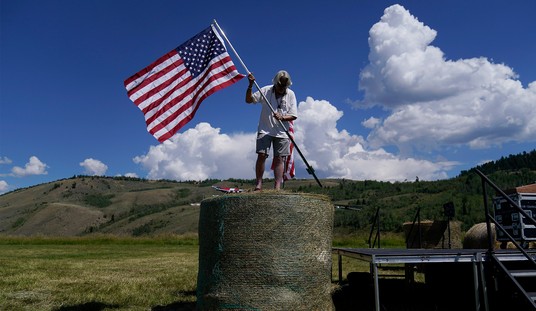
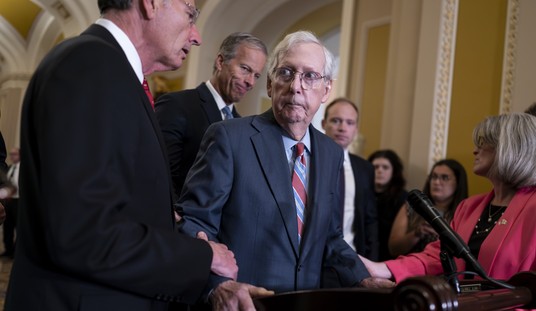
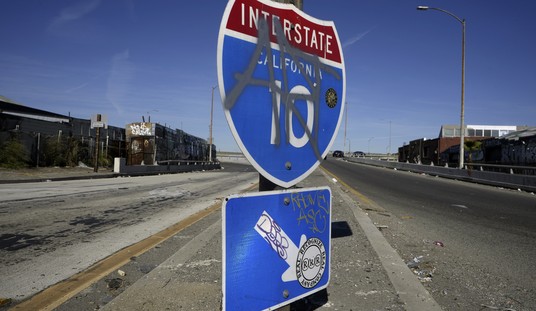

Join the conversation as a VIP Member